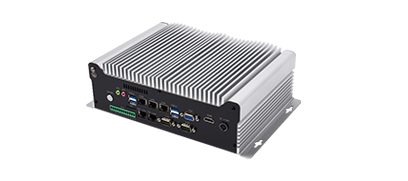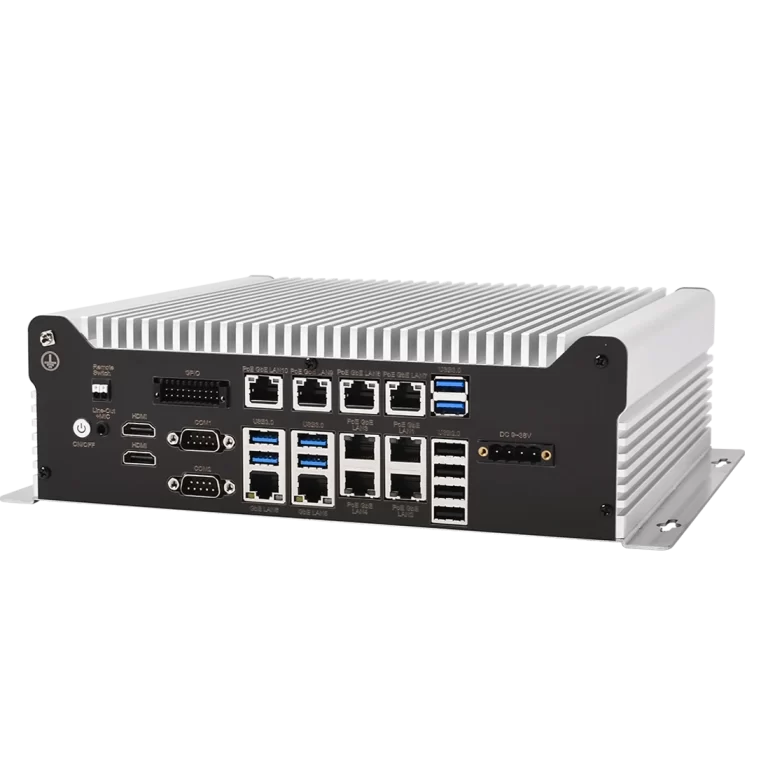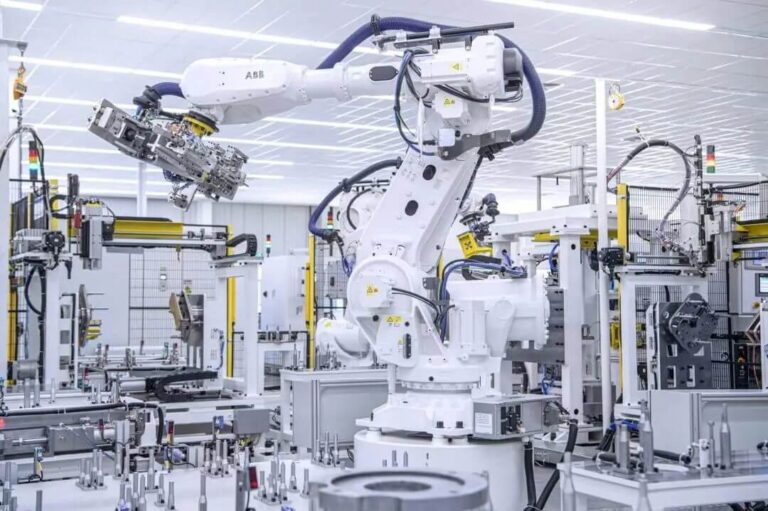In the era of rapid technological advancement, robots have permeated various industries, revolutionizing the way we produce, manufacture, and even live. At the heart of these intelligent machines lies the industrial personal computer (IPC), which serves as the crucial “brain,” endowing robots with capabilities that drive efficiency, precision, and flexibility.
Exceptional Processing Power
Industrial PCs are equipped with high-performance processors. Unlike ordinary consumer computers, they are designed to handle complex computational tasks continuously. In robotic assembly lines, for instance, robots need to calculate the optimal trajectory for their mechanical arms within milliseconds to pick and place components accurately. An IPC’s powerful processing unit can swiftly process data from sensors installed on the robot, such as vision sensors detecting the position and orientation of parts. This enables the robot to adapt to different product models and assembly sequences without delay, significantly enhancing production speed.
Robust Reliability
The industrial environment is often harsh, filled with factors like dust, extreme temperatures, and vibrations. Industrial PCs are built to withstand these adversities. They feature ruggedized enclosures that protect internal components from physical damage. Additionally, their components are carefully selected and tested for long-term operation under stress. In a foundry where robots are used for molten metal handling, the surrounding heat and flying debris pose a great threat to electronic devices. However, the heat-resistant and shockproof properties of industrial PCs ensure seamless communication between the robot’s control system and actuators, minimizing the risk of system failures and costly downtime.
High Compatibility
One of the most prominent advantages of industrial PCs is their excellent compatibility. They can interface with a wide array of peripheral devices. Robots typically integrate multiple sensors, including force sensors, proximity sensors, and laser scanners, along with various actuators like servo motors. Industrial PCs offer diverse communication ports, such as Ethernet, USB, and serial ports, facilitating easy connection to these devices. This compatibility simplifies the customization process of robots, allowing engineers to upgrade or modify robotic systems according to specific industrial requirements, whether it’s adding more precise sensors for quality inspection or enhancing the robot’s locomotion capabilities.
Scalability for Future Upgrades
As technology evolves, so do the demands placed on robots. Industrial PCs are highly scalable, which means they can effortlessly accommodate emerging technologies. New algorithms for artificial intelligence and machine learning are constantly emerging, enabling robots to perform more intelligent tasks like autonomous decision-making and predictive maintenance. With an industrial PC at its core, a robot can have its software and hardware upgraded over time. Extra memory modules or more advanced graphics processing units can be added to the IPC, empowering the robot to keep pace with the latest industry trends and maintain its competitiveness in the long run.
In conclusion, industrial PCs play an indispensable role in the application of robots. Their processing power, reliability, compatibility, and scalability provide the foundation for robots to thrive in complex industrial landscapes, promising a future of ever more intelligent and productive manufacturing.



